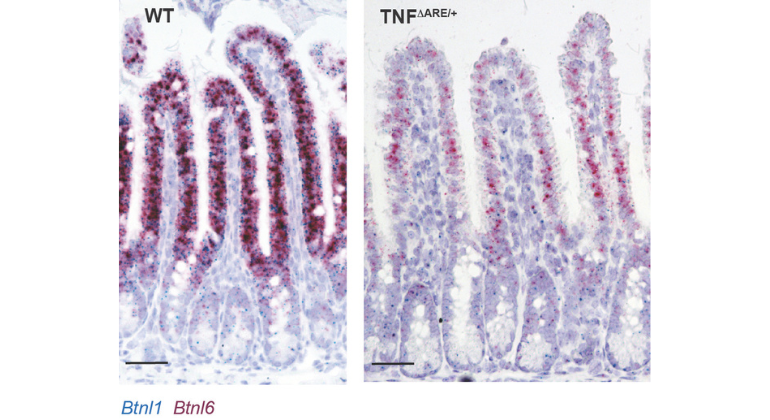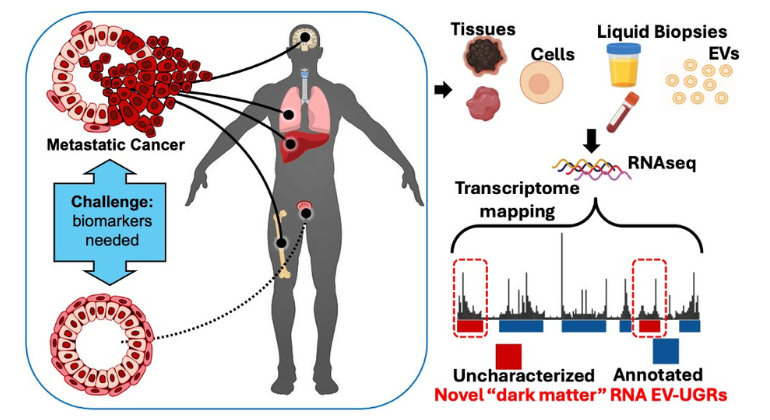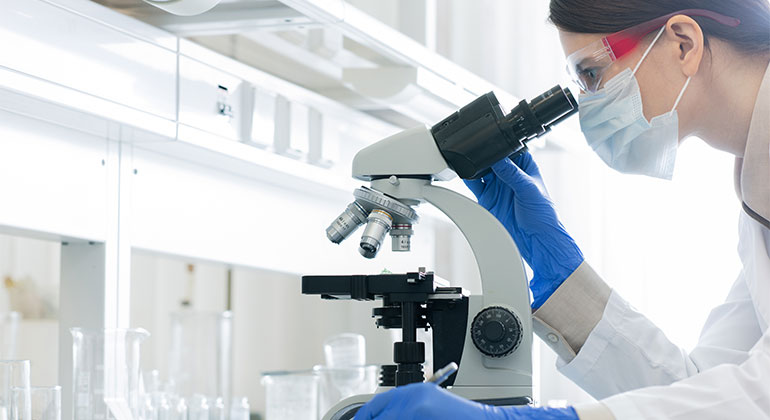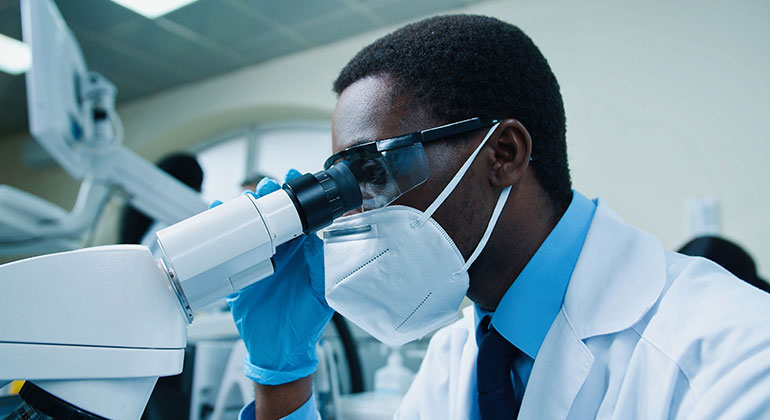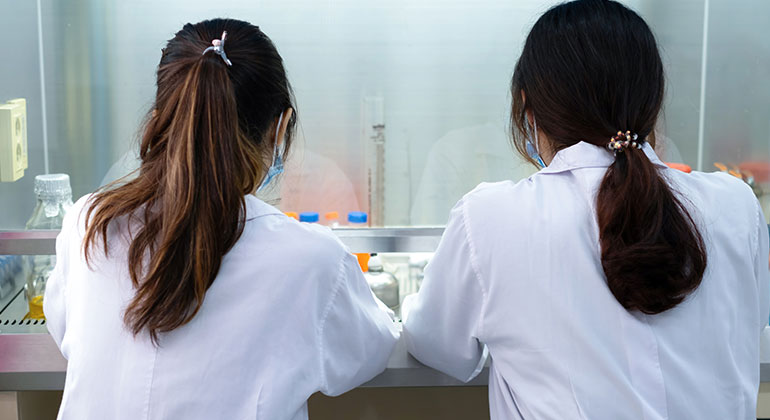Armine Darbinyan, MD, Named the First Joseph Schein, MD Fellow in Pathology
Armine Darbinyan, MD, has been named the first Joseph Schein, MD Fellow at Mount Sinai’s Lillian and Henry M. Stratton-Hans Popper Department of Pathology.
Armine Darbinyan, MD, has been named the first Joseph Schein, MD Fellow at Mount Sinai’s Lillian and Henry M. Stratton-Hans Popper Department of Pathology. The fellowship, which will commence in July 2014, will emphasize training in experimental neuropathology in addition to training in clinical neuropathology and the provision of high quality patient care.
Dr. Darbinyan joins Mount Sinai from the Department of Neuroscience at Temple University School of Medicine where she most recently served as Assistant Professor in Neuroscience. Her research focus at Temple was in the fields of neuro-oncology and neuro-virology. Using various techniques in molecular genetics, molecular cloning, immunofluorescent microscopy and immunohistochemical analysis of tissues obtained from patients, she studied the mechanisms of demyelination and neuronal injury during JCV and HIV infection of the CNS and mechanisms of resistance of malignant cells to DNA damaging agents. Her results were published in numerous peer reviewed journals.
The Joseph Schein, MD Endowed Fellowship in Experimental/Molecular Pathology was established to honor Dr. Joseph Schein and his long-standing belief in the value of pathology and its impact on medical practice, patient care, and the advancement of medicine. Dr. Schein began his career with Mount Sinai as a fellow in pathology in 1943. Now age 98, he is a lecturer in psychiatry at the Medical Center. This is the first endowed fellowship in the history of the Department of Pathology.
“Dr. Darbinyan is an outstanding and brilliant young scientist worthy of the inaugural Schein fellowship,” said Carlos Cordon-Cardo, MD, PhD, Professor and Chairman of the Department of Pathology. “Her selection as the first Schein fellow is a fitting tribute to Dr. Schein, who appreciates the field of pathology and how it contributes to ground-breaking research and innovative discoveries in medicine. I am sure that her career will reflect well on the Fellowship, and that she will make significant contributions to the field of experimental neuropathology.”
Dr. Schein graduated from Princeton with a degree in humanities - modern languages in 1937 and from the School of Medicine at the University of Pennsylvania in 1941. He was mentored by Abraham Flexner, founder of the Institute for Advanced Studies. At Penn, Dr. Schein met and married his wife of 75 years, Dr. Selma Snyderman, who forged a distinguished career in pediatric research, notably diseases of inborn errors of metabolism.
After a rotating internship at Newark City Hospital where he was a protégé of Harrison Martland (Professor of Forensic Medicine at NYU), he started a lifelong and continuing relationship with Mount Sinai through a series of fellowships. He worked closely with Drs. Klemperer and Otani in the Pathology Department, and then became a fellow on George Baehr's service because of his interest in "psychosomatic" medicine, including work on the pioneering "Ward A" under the tutelage of Dr. Kaufman. He served for many years as the liaison psychiatrist, first to medicine and then to neurology.
At the same time, because of major activity in neuro-hormonal research (Hans Selye et al.), he elected to study at the New York Psychoanalytic Institute and was trained by Dr. Paul Federn, one of Freud's most trusted colleagues. Throughout his career as a practicing psychiatrist, Dr. Schein has never wavered in his conviction that, even in that field, there was no better training than the one originated in the 18th century by Giambattista Morgagni at the School of Padua in his famous treatise De Sedibus et causis morborum per anatomem indagatis. He is especially honored that his attachment to pathology will be recognized through this endowed fellowship.

New York City’s Chief Medical Examiner Joins Mount Sinai Pathology Department
Dec 08, 2021 View All Press Releases
